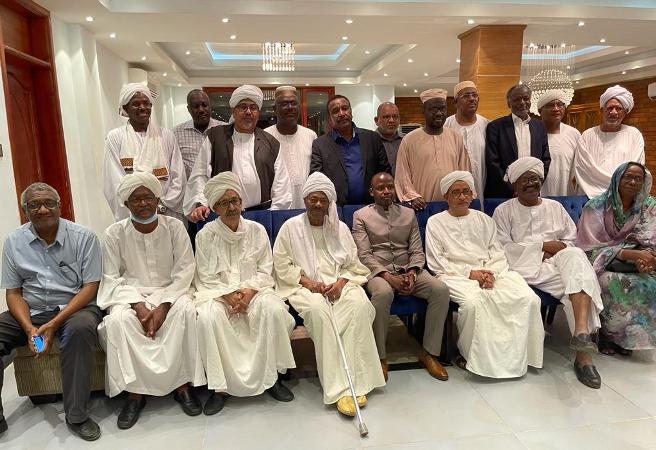Sudan’s FFC forces reunite, establish joint structures

The FFC Central Council bloc, the National Umma Party (NUP) and the Sudanese Revolutionary Front (SRF) held a series of meetings after an initiative by Prime Minister Abdallah Hamdok to unite the political forces supporting his government and work with the military component to achieve the transition goals.
In a joint statement issued in Khartoum on Sunday, the three blocs said they found that the unity of the forces of the Declaration for Freedom and Change had become necessary to remedy the shortcomings and mistakes that accompanied the first phase of the transitional period.
The participants announced they agreed to achieve complete unity, and form three new structures: the General Assembly, the Central Council and the Leadership Council.
The economic reforms created a big frustration in the Sudanese street as they were not fully accompanied by the family support programme and other plans aiming to alleviate the negative impact of the cancellation of subsidies.
The Communist Party, small left groups and the supporters of the former regime took advantage of the situation to organize protests calling to topple down the transitional government.
The three blocks decided that the newly formed Central Council will hold its first meeting in no more than two weeks.
They further agreed on the need for a fair and worthy representation of women after conducting the necessary consultations with the FFC women’s organizations.
The meeting also decided to contact the other political groups that split from the FFC such as the Communist Party to persuade them to rejoin the broad coalition.
The consultations will also include the military component as they all agree on the need to integrate the militiamen of the Rapid Support Forces into the national army.
Last May, RSF leader and deputy head of the Sovereign Council rejected publicly the integration of his force in the army. His position is perceived as a threat to the implementation of the security arrangements say the former and holdout armed groups.
(ST)
